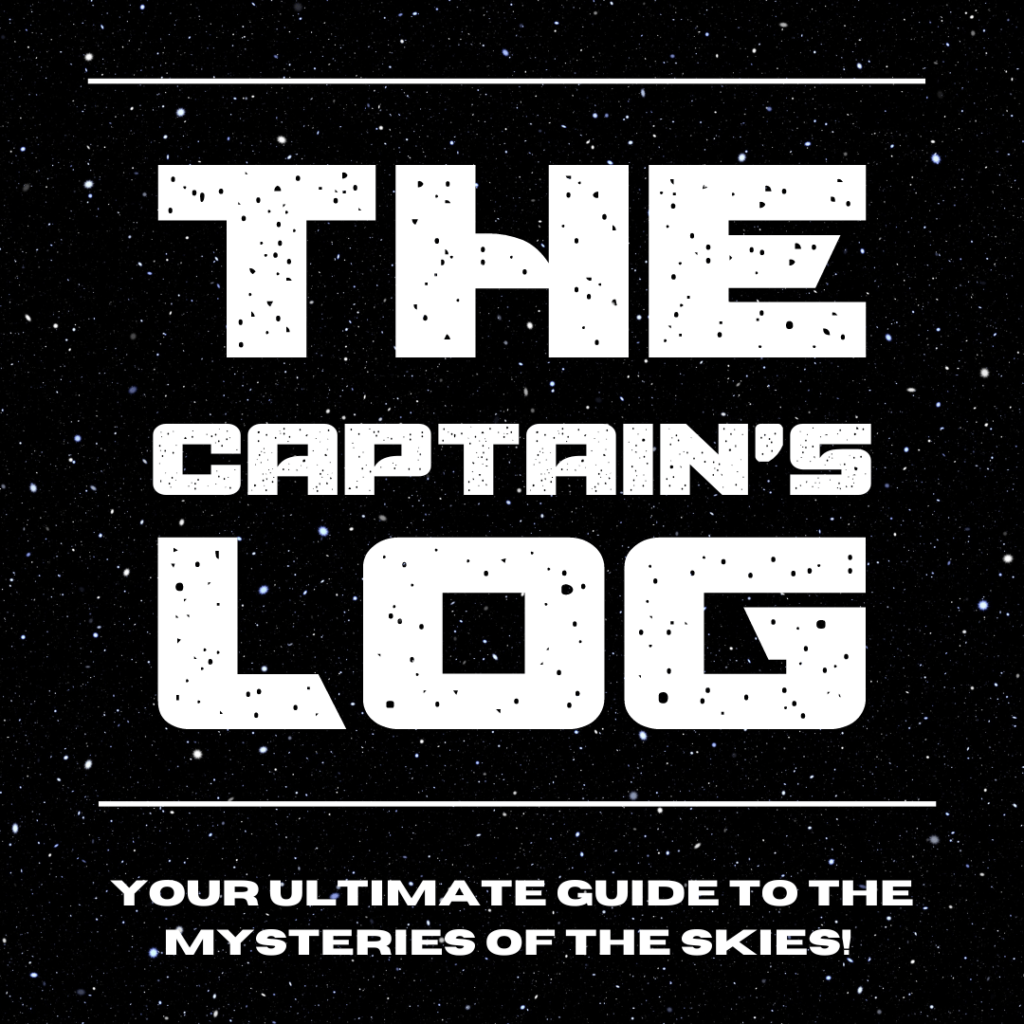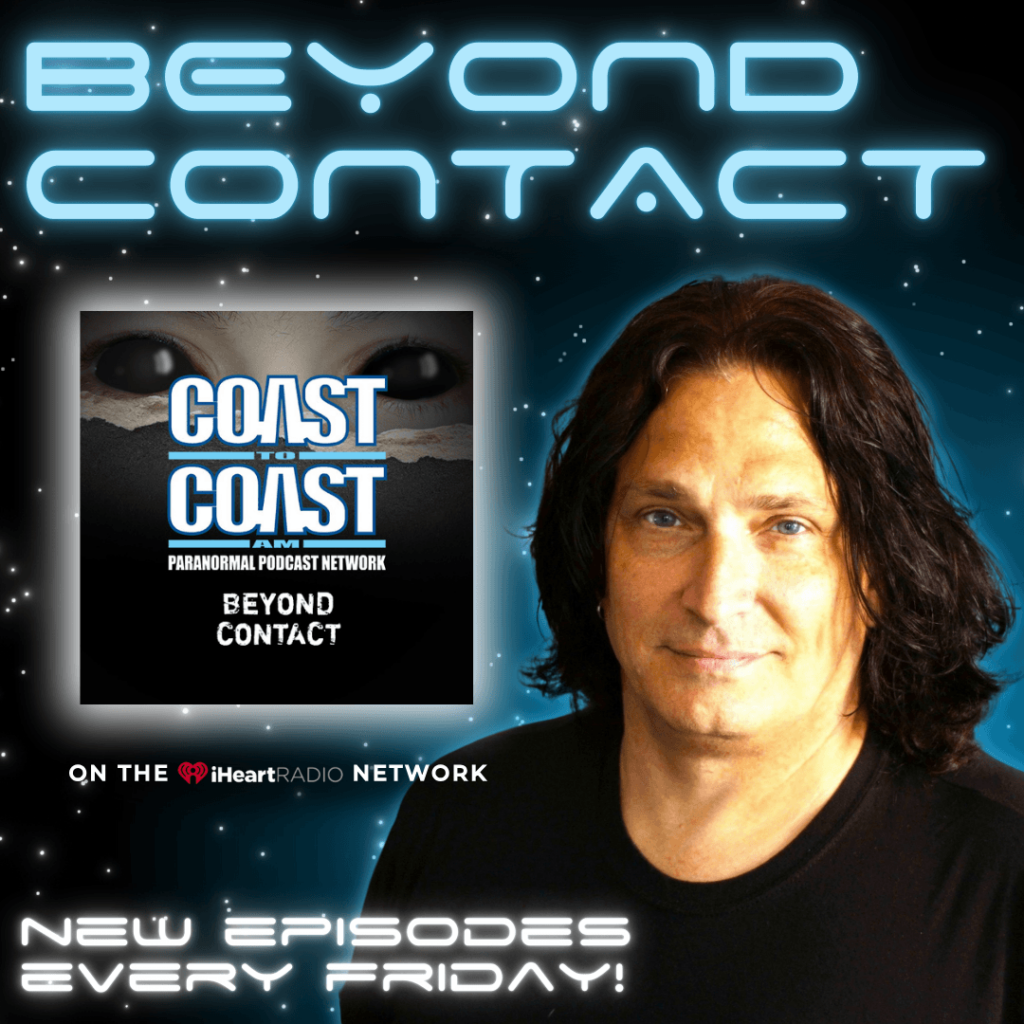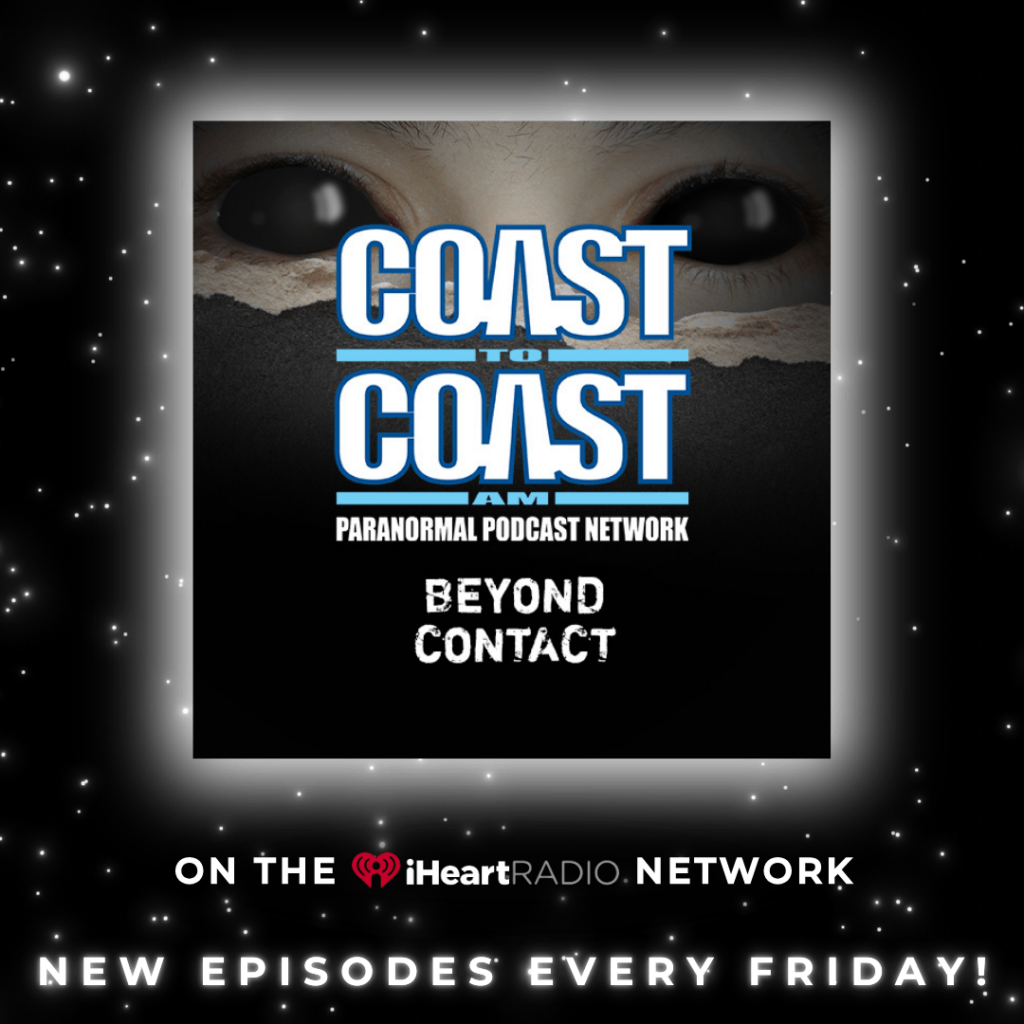Unmasking UFO Secrecy features Captain Ron and Steve Bassett, the leading expert on government disclosure of alien technology and UFO craft. Steve analyzes the UFO Disclosure Act and its implications. They discuss David Grusch’s whistleblower testimony and other military witnesses in congressional hearings. Steve shares his perspective on the 75-year UFO secrecy and the ongoing push for full government disclosure.
Stephen Bassett, the Executive Director of the Paradigm Research Group, has been fighting for government transparency about extraterrestrial-related phenomena for over 28 years. He founded the organization back in 1996, setting a clear mission: to end the government-imposed embargo on the truth behind UFOs and UAPs. Today, Bassett remains one of the leading advocates for disclosure, working tirelessly to push the topic into the public eye and lobbying for the government to reveal what it knows.
In this article, we get into Stephen’s unique insights about the recent legislative efforts, the promising yet complex road to disclosure, and why the fight is far from over.
The UAP Disclosure Act: A Huge Leap Forward
In June of 2023, David Grusch shook the UAP world by publicly alleging his knowledge of extraterrestrial craft and beings during a press briefing. This event had a ripple effect that reached Capitol Hill just thirty-nine days later, when Senate Majority Leader Chuck Schumer introduced the UAP Disclosure Act. Schumer’s bill, often described by Stephen Bassett as “the culmination of years of work,” was significant not just for its content, but also for what it represented—a shift in momentum.
Bassett described seeing Schumer’s bill as an electrifying moment: “It blew my mind. You have to have a pretty substantial knowledge of the history of this to truly appreciate how important it was.” For those in the know, this wasn’t just another bill; it was a comprehensive legislative attempt to release classified information to the public. It included measures like subpoena power, eminent domain, and transparency protocols—tools that could pry open the doors of secrecy that have kept UAP information out of the public sphere for decades.
The act was a reflection of the seven years of growing public and congressional interest in UAPs, spurred by influential figures like Christopher Mellon, Luis Elizondo, and others. Their efforts were instrumental in setting the stage for Grusch’s testimony and eventually led to Schumer stepping into the ring. The bill was a major step towards lifting the “truth embargo,” and Bassett called it “the final piece of the puzzle” to bring hidden extraterrestrial-related knowledge into public view.
The Resistance: Gutting the Bill
However, every major push for change faces resistance. Despite the positive progress made with the introduction of the UAP Disclosure Act, a few powerful players were less eager to see it passed in its original form. In December 2023, some of the most critical provisions were stripped from the bill. Subpoena power was gutted, and other key elements that provided leverage for obtaining classified information were removed.
“They made their move,” Bassett explained, pointing out how quickly some individuals within the government acted to diminish the bill’s power. “They took those big four provisions that were so important right out of the bill. I think they’d love to gut the whole thing, but that may have been overreaching.”
To Bassett, the motives behind this maneuver were clear. He sees defense contractors, aerospace industries, and powerful interest groups as central players in trying to keep the lid on these secrets. The idea of giving up proprietary knowledge of extraterrestrial technology—which has enormous potential financial implications—likely led to immense pressure on lawmakers to soften the legislation.
“It’s about dollars,” Bassett said. “They’ve been studying the science and technology of these craft for seventy years… God knows what they’ve learned. The potential applications in aerospace, energy, and even defense are astronomical.”
A Global Audience: The Stakes Rise
Bassett explained that what followed was a dramatic shift. Despite the setbacks, the conversation around UAPs had already reached a point of no return. The bill, the hearings, and the media coverage had put the topic in the public spotlight like never before, generating thousands of news articles across the globe.
“Pretty soon, there’s not going to be anybody out there that hasn’t confirmed that there’s an extraterrestrial presence… except the President of the United States,” Bassett remarked with his characteristic bluntness. As attention mounts, the pressure on Congress and the administration to acknowledge what they know about UAPs has grown. The public wants answers, and the media is actively pursuing the story. Even mainstream outlets, which had largely dismissed or ignored the topic in the past, are now devoting significant resources to cover UAP developments.
Post-Disclosure World: The Future After the Truth
While Bassett is acutely aware of the obstacles in the path toward full disclosure, he remains optimistic. He points out the extensive preparations already being made for a post-disclosure world. Organizations like the New Paradigm Institute and the Sol Foundation are gearing up to study the implications of humanity acknowledging extraterrestrial life. Hollywood is buzzing with projects that anticipate this seismic shift in the public mindset, and think tanks are actively discussing the impact on geopolitics, energy, and society.
According to Bassett, the post-disclosure era will represent the most rapid transformation of human consciousness in history. “The worldview of more people is going to be altered in the fastest amount of time. Nothing compares to it. It’s going to be like a scientific paradigm shift,” he said. This shift is likely to impact not only science but also religion, culture, and technology as humanity collectively comes to terms with a new understanding of its place in the universe.
The Road Ahead: Hope or Dead Ends?
As the conversation around UAP disclosure continues, there remains a sense of urgency. “This truth embargo can’t last forever,” Bassett asserted. The introduction of Schumer’s bill, the public testimony of David Grusch, and the commitment of people like Bassett and other prominent voices have all contributed to a growing momentum that seems increasingly unstoppable. Even as attempts to suppress disclosure persist, it feels like the tide is turning.
Whether disclosure is weeks, months, or years away, Bassett is clear about one thing: it will happen. And when it does, humanity will face a new dawn—one filled with possibilities that challenge everything we know about advanced technologies, free energy, space exploration, and our role in the cosmos.
“Pay attention,” Bassett urged. “The world is going to change in a way unseen in human history. The implications for renewable energy, propulsion systems, and even the foundations of physics are enormous.”
Stay Updated and Learn More
This article offers just a glimpse into the intricate story of UAP disclosure and Stephen Bassett’s ongoing work. For those interested in diving deeper, check out our recent podcast episode featuring Bassett himself, where he elaborates on these topics and discusses what’s next in the fight for transparency. Tune in to Beyond Contact on your favorite podcast platform for more insights and interviews.







